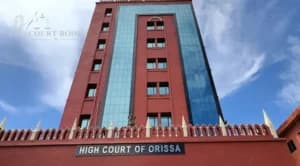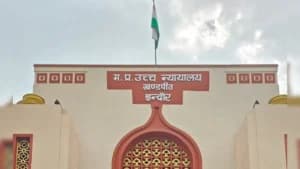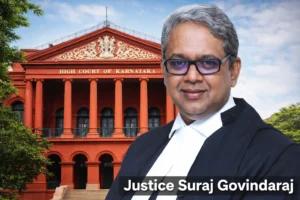The Indian Supreme Court has agreed to hear in July a plea challenging the Bombay High Court interim order allowing the Maratha community to avail 10% reservation under the Maharashtra State Socially and Educationally Backward Classes (SEBC) Act, 2024.
A two-judge bench of Justices KV Vishwanathan and NK Singh allowed the plea to be listed during the reopening week beginning July 14. This happened after a lawyer mentioned the matter in the court and urged an urgent hearing.
"The High Court refused to stay the Maratha reservation and allowed it on a temporary basis. This is not enough for the purpose," the lawyer said. He pointed out that both the Supreme Court and the High Court had stayed similar laws in previous rounds of litigation.
Read also: "Black Cat Commando Must Surrender: Supreme Court Denies Exemption in Dowry Death Case"
The Bombay High Court in its interim order dated June 11, 2024, allowed the Maratha community to temporarily benefit from the 10% quota in education and government jobs. However, this interim relief is subject to the final outcome of the petitions challenging the validity of the SEBC Act, 2024.
The High Court also decided to hold a special hearing on Saturday to ensure a timely decision of the case. The move comes following the Supreme Court's direction to expedite the hearing of the case.
The SEBC Act, 2024, passed by the Maharashtra Legislature on February 20, grants 10% reservation to the Maratha community under the OBC category. The decision was given by a bench of retired Justice Sunil B. The verdict was based on a report by the Maharashtra State Backward Classes Commission (MSBCC) headed by Shukre.
Read also: Supreme Court Summons UP Jailor for Ignoring Bail Order, Calls It 'Travesty of Justice'
The MSBCC report cited “exceptional circumstances and exceptional situations” to justify exceeding the 50% reservation cap set by the Supreme Court in previous judgments.
In 2021, a Constitution Bench of the Supreme Court had struck down the earlier Maratha reservation law of 2018, which provided for a 16% quota. The Court held that there were no exceptional circumstances to breach the 50% cap imposed in the 1992 Indra Sawhney (Mandal) case. It also questioned the data used to claim social and educational backwardness of the Maratha community.
“No exceptional circumstances have been shown to justify exceeding the 50% reservation cap,” the Constitution Bench had said in its 2021 verdict.
Read also: PIL filed in Supreme Court Seeking Grounding of Air India's Boeing Fleet After Ahmedabad Plane Crash
The present petition before the Supreme Court challenges the latest attempt by the Maharashtra government to re-introduce quotas under the new legal framework.















